August 28, 2020
Using nature based solutions in buildings will help address climate change
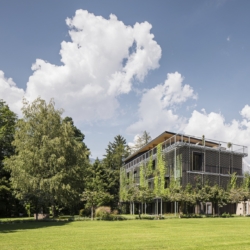 The IGNITION project from the UK Green Building Council has published its first report for businesses, titled ‘Nature-based solutions to the climate emergency: The benefits to business and society’ The report claims to provide organisations with the data they need to make informed decisions about the types of urban nature-based solutions (NBS) available to them and how these can help meet sustainability objectives to benefit business, society and the environment. It sets out to highlight the benefits of using NBS across the built environment and aims to inspire confidence in business leaders and investors to increase the use of NBS. More →
The IGNITION project from the UK Green Building Council has published its first report for businesses, titled ‘Nature-based solutions to the climate emergency: The benefits to business and society’ The report claims to provide organisations with the data they need to make informed decisions about the types of urban nature-based solutions (NBS) available to them and how these can help meet sustainability objectives to benefit business, society and the environment. It sets out to highlight the benefits of using NBS across the built environment and aims to inspire confidence in business leaders and investors to increase the use of NBS. More →





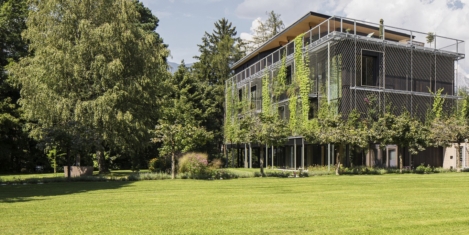




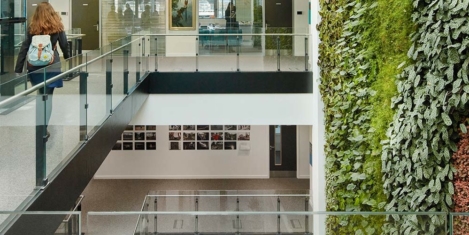
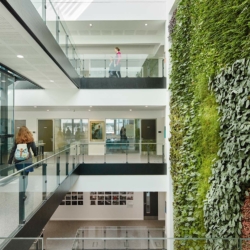



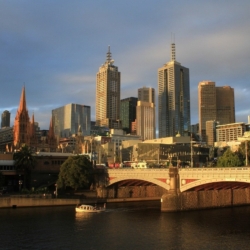





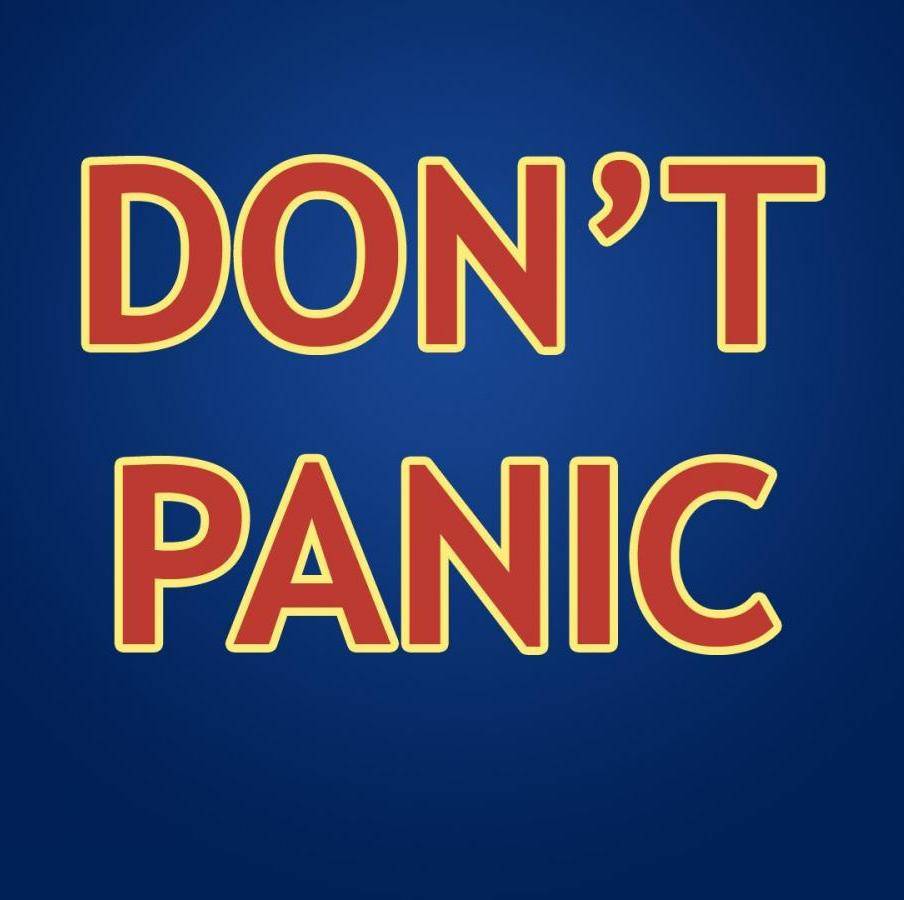
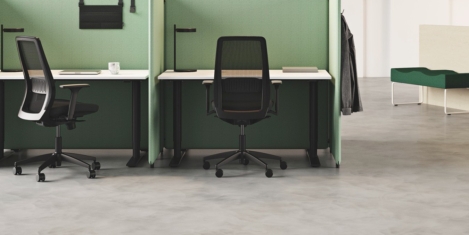












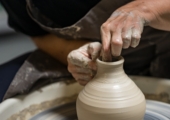
August 28, 2020
A new social contract can improve the everyday experience of work
by Mark Spratt • Comment, Workplace